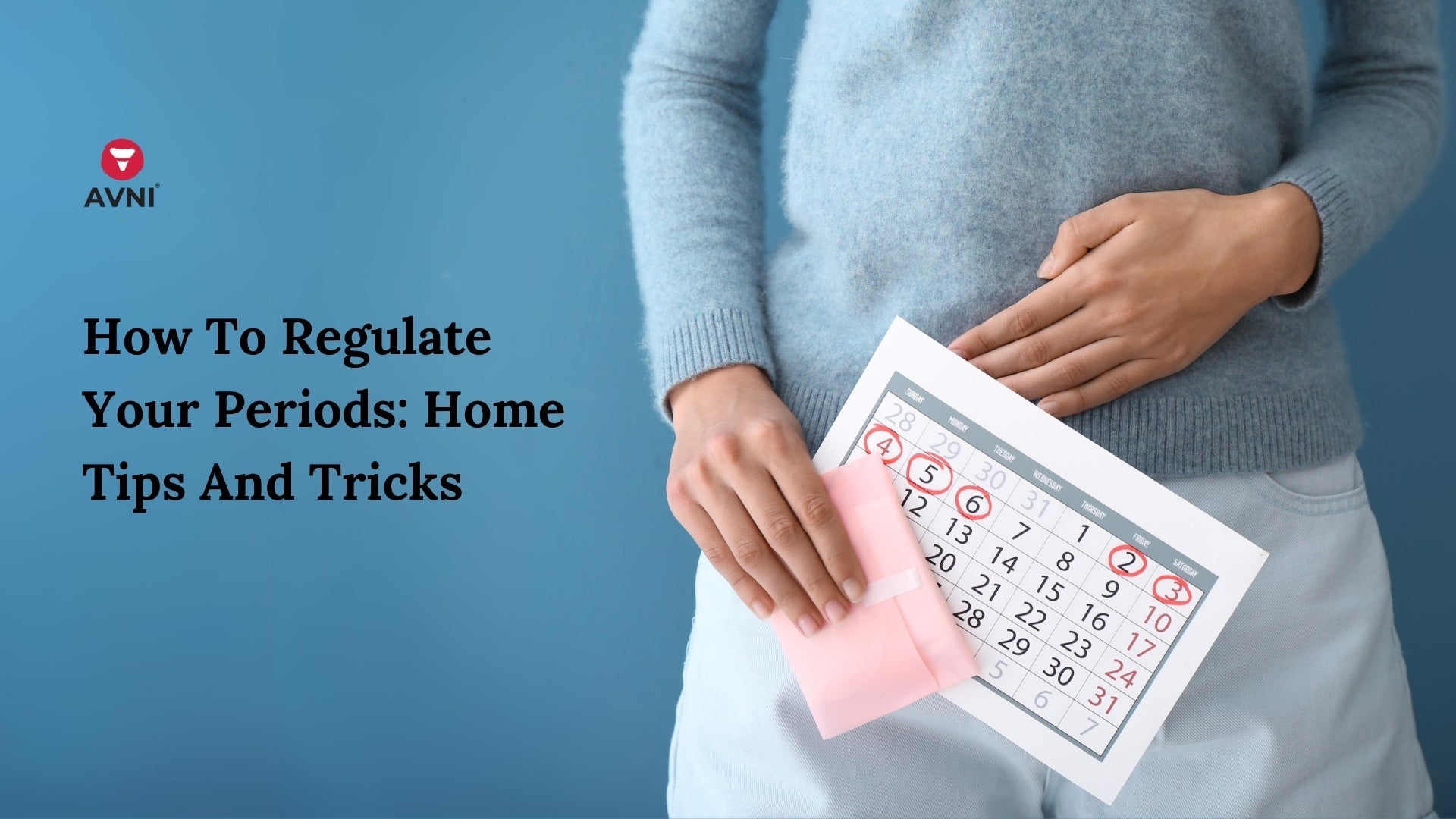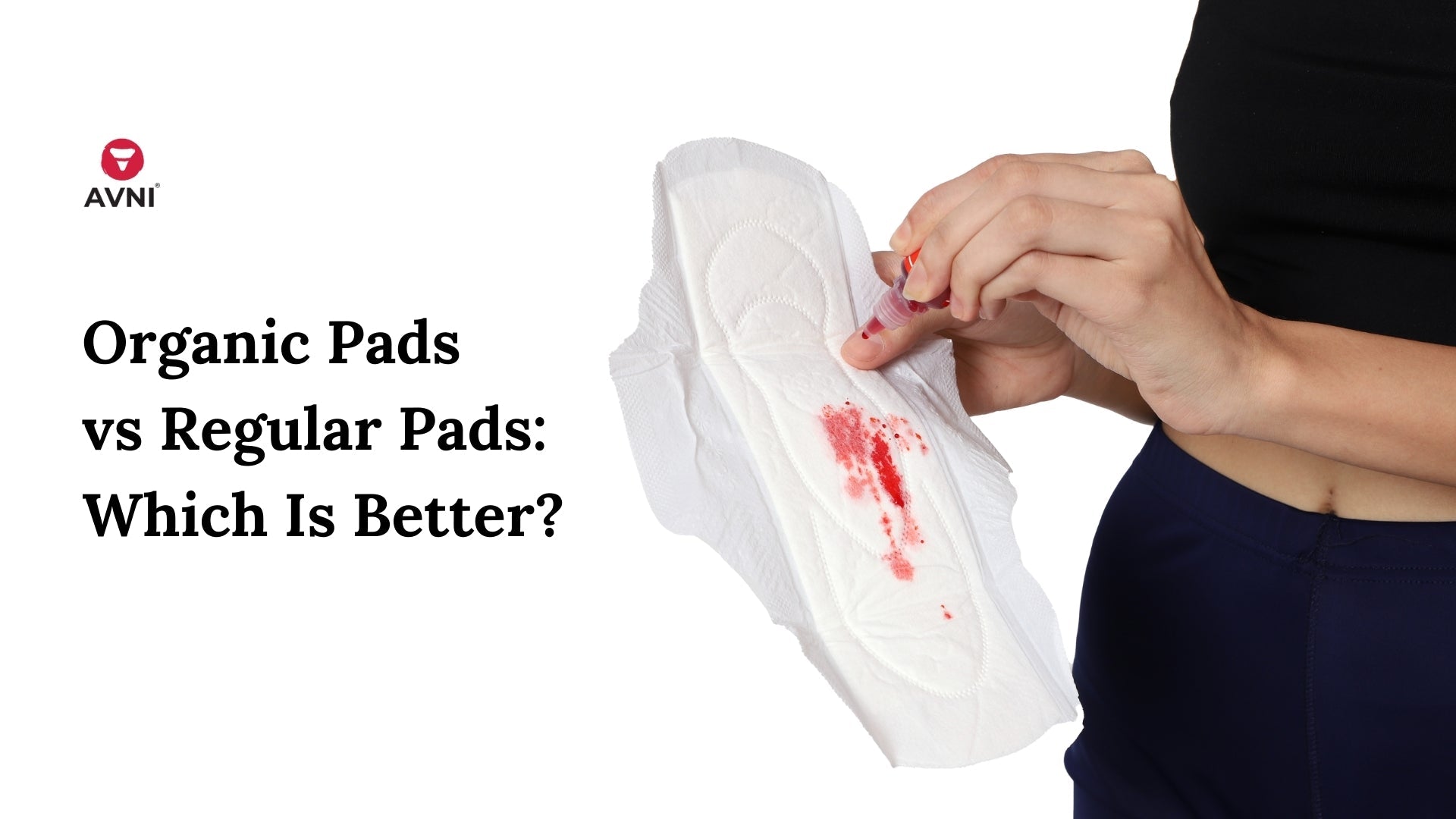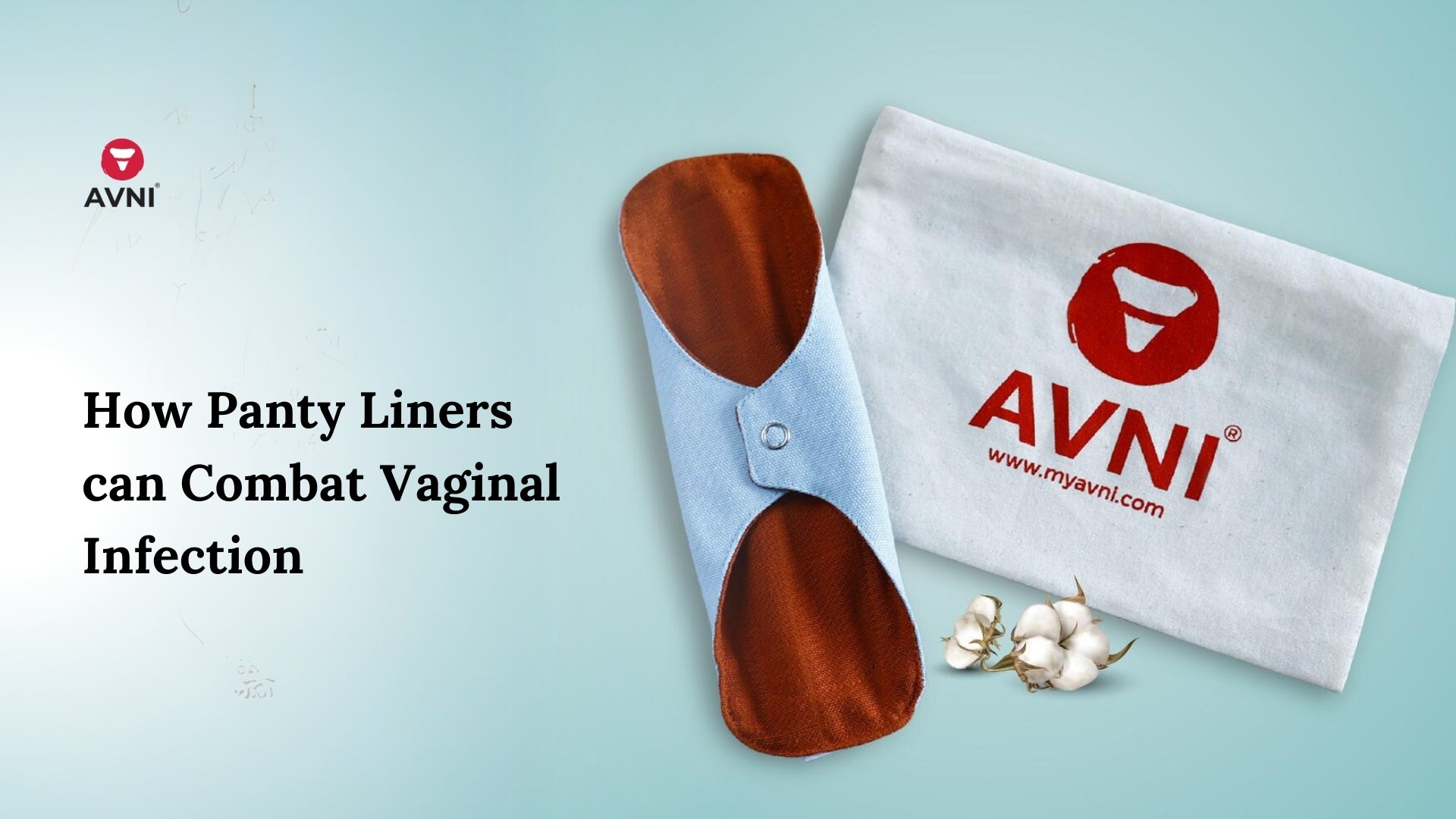
How To Regulate Your Periods: Home Tips And Tricks
The menstrual cycle is generally 28 to 35 days, lasting for 4 to 6 days each month approximately. But this can vary sometimes from person to person or even from month to month. But if the variations become quite distinct, you should consider getting some help.
But how would you identify whether you have irregular periods?
First thing first, you should track your periods every month. Whether in your daily organizer, calendar, or any app, track your period days so that you can understand the length of your menstrual cycle.
Now, the points to check whether you have an irregular period:

- Your cycle exceeds 35 days or occurs with one or more gaps with a different number of days each time
- The duration of your period exceeds 6 days
- Unusual heavy bleeding with clotting where you have to change within every few hours
- Painful cramps and backaches which you do not experience normally
- Pre-menstrual syndromes which are unusual
There can be a number of reasons for which you might be experiencing irregular periods.
What are those reasons?
- Anti-inflammatory or hormone medications
- Contraceptive pills or devices, like Intrauterine devices, or IUDs, can cause heavy bleeding
- Hormone imbalances, especially in girls who started menstruating or before menopause can cause irregular periods
- Extreme stress can also be the reason for irregular periods. As stress interferes with the part of the brain that controls hormones, your body can produce hormones, like cortisol that is responsible for delaying your periods.
- A sedentary lifestyle with unhealthy diet habits can affect your menstrual cycle
- Extreme change of weight, being overweight, leading to obesity, or being underweight, can also be the causes of your irregular periods. It is advisable to maintain a moderate weight.
- Excessive exercise can disrupt the balance of the hormones related to menstruation. Try to do the right amount of exercise at the right time.
- Irregular periods can happen also due to underlying disorders like polycystic ovarian syndrome, endometriosis, diabetes, dysmenorrhea, pelvic inflammatory disease, genetic blood disorders, chronic ovulation, benign growth, cancers, thyroid issues (hypothyroidism or hyperthyroidism), and menorrhagia.

These conditions fall under Amenorrhea.
Amenorrhea is a condition associated with missing one or more menstrual periods. If you always have regular periods, missing your periods for more than 6 months might be an indication of amenorrhea.
Remember, pregnancy is also a reason for amenorrhea. Hence, for primary testing, if you miss your periods, you can check by yourself using pregnancy test kits available in the market. To make sure, you should definitely consult your gynecologist.
But not to worry!
If you have any other reasons for irregular menstrual cycles, you can try some natural home tips and tricks to regulate your periods.
While some of them might lack constructive and scientific reasons yet, they have shown positive results in a number of studies.
- Practicing yoga for 30 to 45 minutes, 5 days a week, effectively lowers hormone levels related to irregular cycles, less painful period cramps, and regulates pre-menstrual syndromes. You can get advice from any professional yoga instructor or even from online sources. Yoga and light exercise will also help you to maintain moderate body weight which is very important for avoiding several disorders including PCOS.
- Your kitchen spices also do wonders for irregular periods! Ginger is one such spice, containing the phenolic compound gingerol, which helps in decreasing inflammation in the body. It has the potential of balancing hormone levels and contracting the uterine muscles. It also helps in maintaining consistency of the monthly occurrence of your periods.
- Ginger can be consumed in form of tea with a bit of honey and lemon juice or with other beneficial spices in your kitchen, like parsley.
- Some other kitchen spices that can be useful for maintaining regular periods are fennel seeds, cinnamon sticks, sesame seeds, cumin seeds, carom seeds, and of course our traditional medicine, turmeric.
- Fennel seeds, as we know them as our favorite after-meal refreshment, can be consumed as a tea or even raw. It helps in inducing your periods.
- Cinnamon sticks have diversified roles. It helps in stabilizing regular periods and also relieves menstrual cramps and nausea. Cinnamon is also beneficial in the treatment of PCOS.
- Sesame seeds help in generating a huge amount of body heat, thus regulating the menstrual cycle. It should be consumed in the right amount as a snack or a beverage.
- Cumin and carom seeds are also useful in inducing your periods and relieving period cramps.
- Traditional medicinal spice, turmeric has anti-inflammatory and anti-spasmodic properties that help in relieving period cramps. Turmeric has also got the potential to prepone your periods. You can have turmeric with warm milk and honey.
- Studies have shown that vitamins, like B and D, are helpful in regulating the menstrual cycle. It is advisable to take multivitamin supplements by consulting your physician. Cereals, milk, and green and leafy vegetables are some good sources to consume multivitamins.
- To have something sweet, jaggery is a good option for you. It is beneficial in regulating irregular periods and also relieves uterine cramps.
- Aloe vera, with its dynamic therapeutic uses, is also beneficial in irregular periods. It maintains hormonal balance, and a healthy gut system, and increases the metabolism of the body.
- Ripe papayas have carotene in them which enhances estrogen in the body thus inducing periods. Papayas can be consumed raw or in form of juice.
- Consuming apple cider vinegar regularly has an effect on improving your irregularity of the menstrual cycle, especially in women with PCOS. It helps in reducing body weight and lowering blood sugar levels.
- Beetroot contains folic acids and iron which help in increasing hemoglobin levels in the blood. It also stimulates menstrual flow.
- Pineapple contains the compound bromelain which is supposed to have anti-inflammatory and pain-relieving properties. Thus being effective during your periods.
In the end, if all these tips do not bring any fruitful consequences, you should definitely consult a gynecologist.



Leave a comment
This site is protected by hCaptcha and the hCaptcha Privacy Policy and Terms of Service apply.